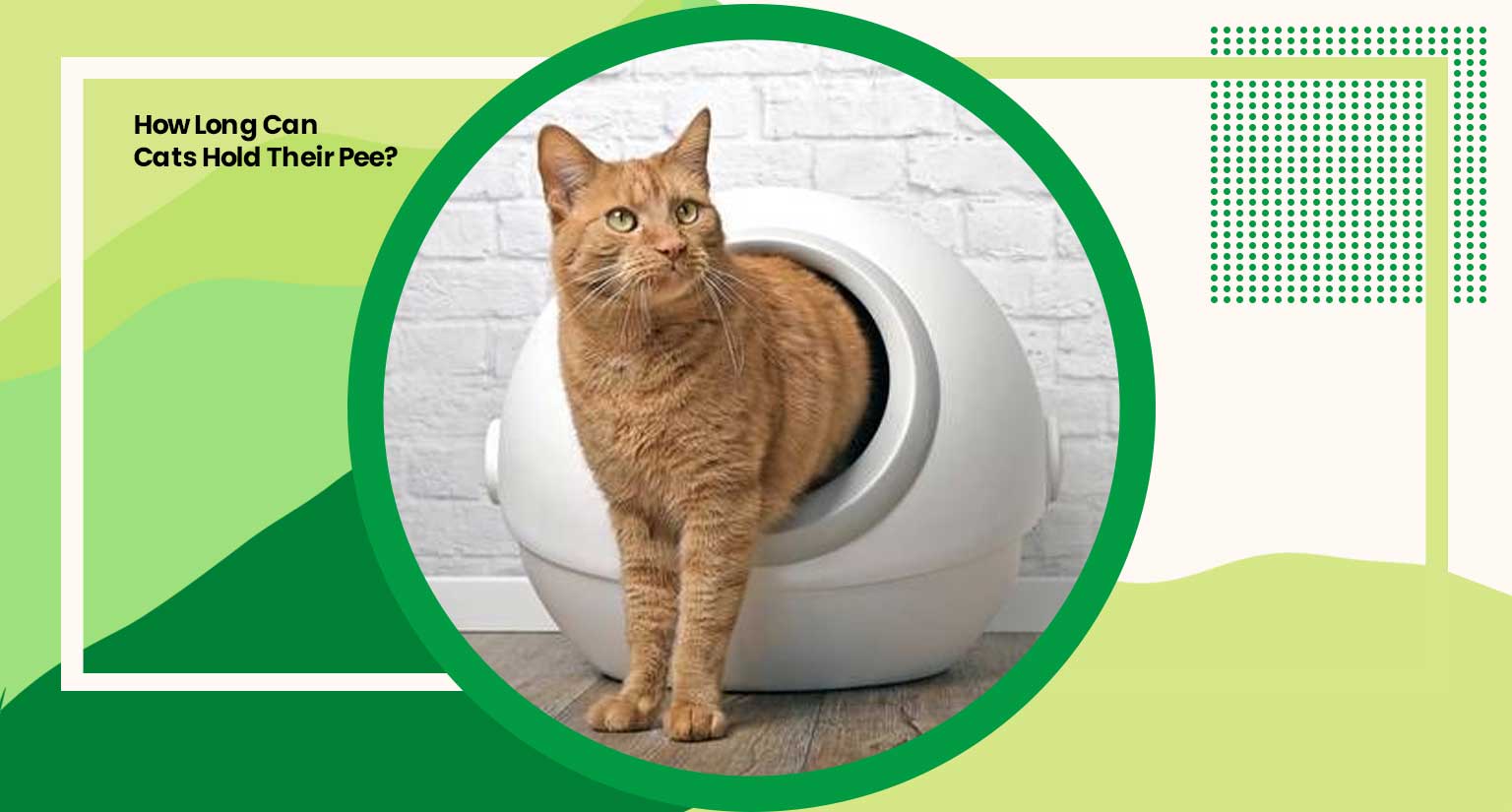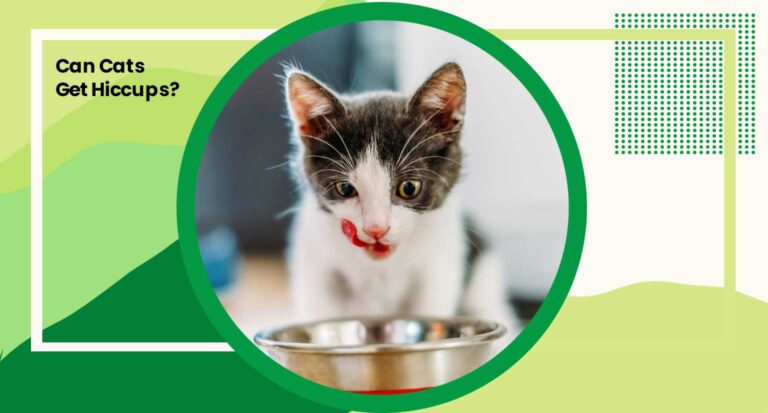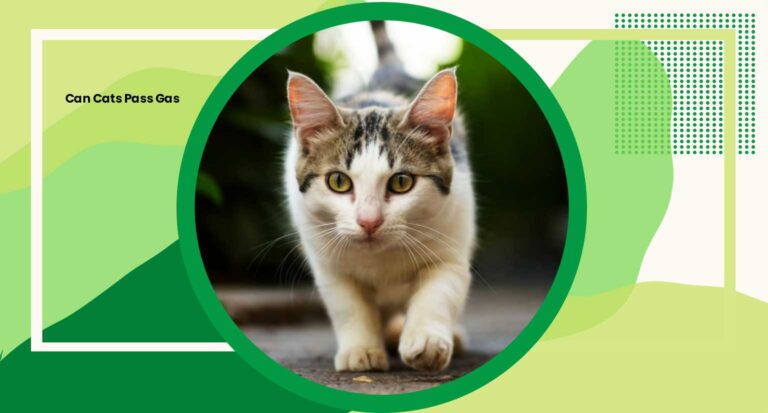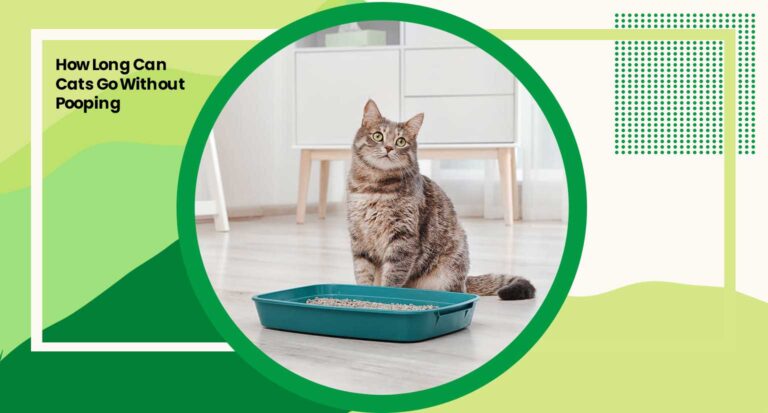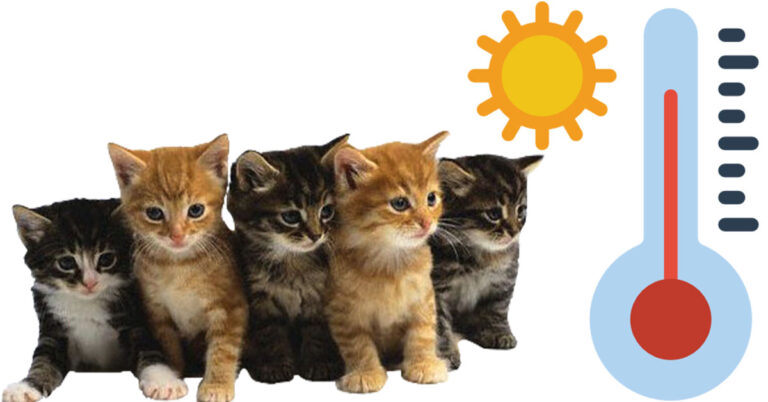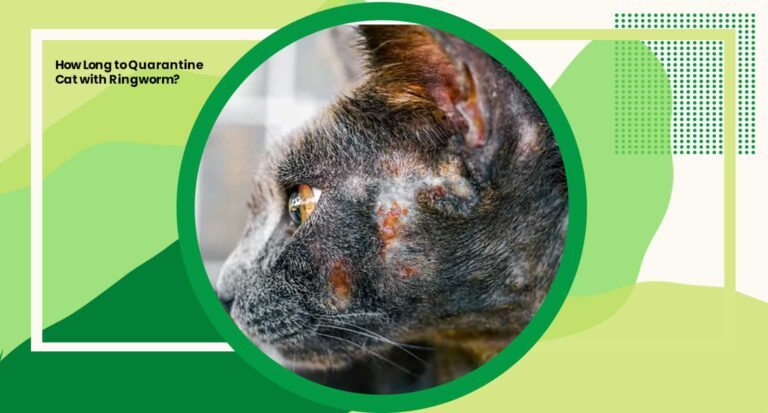How Long Can Cats Hold Their Pee?
Many cat owners find themselves pondering a common concern: How long can cats hold their pee? This seemingly simple question unveils a world of insights into feline behavior and health. Understanding this peculiar aspect of their behavior is akin to deciphering a cat’s silent language.
Let’s demystify this aspect of feline life together.
How Long Can a Cat Go Without Access to a Litter Box?
In the realm of feline independence, understanding the limits of a cat’s bladder endurance is crucial for responsible pet ownership.
The question on many cat parents’ minds is: How long can a cat go without access to a litter box? Delving into this query requires a nuanced perspective, combining knowledge of feline instincts.
Factors that influence a cat’s ability to wait and the implications for their well-being. Your cat’s comfort and health are at the forefront of our discussion.
Basics of Feline Bladder Control
A cat’s ability to wait without a litter box involves unraveling the basics of feline bladder control. Cats, known for their independence, have evolved with unique instincts that influence their behavior in various situations.
Feline Instincts and Independence
To comprehend how long a cat can endure without access to a litter box? it’s essential to delve into their instincts and independence.
Cats, by nature, are meticulous groomers and value cleanliness. This inherent trait extends to their need for a designated space for elimination.
Factors Influencing a Cat’s Waiting Time
Several factors come into play when considering how long a cat can go without a litter box. Age, health, and environmental stressors all contribute to a cat’s ability to wait.
Impact on a Cat’s Well-being
Beyond the practical considerations, the implications of depriving a cat of a litter box extend to their overall well-being. Cats may experience stress and discomfort, leading to potential health issues.
Our expertise in crafting persuasive content allows us to communicate the significance of prioritizing a cat’s access to a clean and comfortable elimination space.
Guidance for Responsible Pet Ownership
As advocates for responsible pet ownership, our goal is to equip cat owners with the knowledge needed to ensure their feline companions’ comfort and health.
By addressing the question of how long a cat can go without access to a litter box, we empower cat parents to create environments that support their pets’ natural behaviors and instincts.
Do Cats Hold Their Pee When Stressed?
In the intricate world of feline behavior, the connection between stress and urinary habits is a topic that piques the interest of many cat owners.
Do cats hold their pee when stressed? Understanding of feline psychology and the impact of stress on a cat’s urinary patterns.
Let’s explore this intersection with confidence and knowledge to provide valuable insights for cat owners in the United States.
Feline Stress and its Manifestations
To answer the intriguing question of whether cats hold their pee when stressed, it’s essential to delve into the multifaceted realm of feline stress.
Cats, known for their sensitivity to environmental changes, often express their anxiety through various behaviors, including alterations in urinary habits.
Relationship Between Stress and Urinary Patterns
Examining the connection between stress and a cat’s urinary habits unveils a complex interplay. Some cats may indeed hold their pee when stressed, while others might exhibit opposite behaviors, such as increased frequency of urination.
Identifying Stressors in a Cat’s Environment
As advocates for feline well-being, we explore common stressors that can influence a cat’s urinary behavior.
Changes in the household, new additions to the family, or alterations in routine are just a few examples of factors that can induce stress in cats.
Signs of Stress-Related Urinary Issues
Beyond the theoretical understanding, our goal is to empower cat owners with practical insights. We guide them in recognizing signs that may indicate stress-related urinary issues in their feline companions.
By doing so, we facilitate early intervention and promote a proactive approach to maintaining a cat’s mental and physical well-being.
Providing Solutions for Stress Mitigation
Whether through environmental enrichment, behavior modification, or other proven techniques, our content aims to equip cat owners with actionable steps to create a stress-free and comfortable living environment for their beloved feline friends.
How Long Can Cats Hold Their Pee?
For cat owners, understanding the duration a cat can hold its pee is pivotal to ensuring their feline friend’s comfort and well-being.
We address the common inquiry: How long can cats hold their pee? Navigating this question requires a blend of scientific knowledge and practical insights, and we approach it with a confident, neutral, and knowledgeable tone to deliver valuable information for cat owners.
Physiology of Feline Bladder Control
To unravel the mystery behind how long cats can hold their pee, it’s essential to delve into the intricacies of feline physiology.
Understanding the mechanics of a cat’s bladder control sheds light on the factors influencing their urinary habits.
Age, Breed
Cats, like humans, exhibit variations in bladder control influenced by factors such as age, breed, and individual differences.
A kitten may have different capabilities than an adult cat, and certain breeds may naturally have different urinary habits.
Our expertise allows us to navigate these variables, providing cat owners with a nuanced understanding of their pet’s needs.
Environmental and Stress Factors
The environment plays a crucial role in a cat’s ability to hold its pee. Changes in the household, the presence of other pets, or disruptions in routine can impact a cat’s stress levels, influencing their urinary patterns.
Our persuasive writing techniques guide cat owners in recognizing and mitigating these factors for the overall well-being of their feline companions.
Practical Tips for Supporting Feline Bladder Health
As advocates for responsible pet ownership, we provide actionable tips to support feline bladder health. Whether it’s through proper litter box maintenance, hydration encouragement, or creating a stress-free environment, our content aims to empower cat owners with practical strategies for promoting optimal urinary habits.
How long cats can hold their pee is crucial, recognizing signs of potential issues is equally important.
We guide cat owners on when to seek veterinary attention, emphasizing the significance of prompt intervention in addressing any underlying health concerns.
Empowering Cat Owners for Informed Care
In crafting this content, our goal is to empower cat owners with a comprehensive understanding of their feline companions’ urinary needs.
By blending scientific insights with practical tips, we enable cat parents to provide informed and attentive care, fostering a strong bond with their cherished pets.
What If My Cat Hasn’t Used the Litter Box in 24 Hours?
For cat owners, the concern of a cat not using the litter box for an extended period can be both puzzling and distressing.
Our approach combines a confident, neutral, and knowledgeable tone to provide reassuring information and guidance for cat owners.
Normal Feline Elimination Patterns
Before jumping into worry mode, it’s crucial to know what’s considered normal for our feline friends. Cats tend to be creatures of habit, particularly when it comes to using the litter box.
Familiarizing yourself with their typical elimination patterns can provide a baseline for assessing any deviations.
Possible Reasons for Litter Box Avoidance
Now, let’s explore the potential reasons behind your cat steering clear of the litter box. Cats can be quite expressive, and their behavior often signals something deeper.
It could range from health issues to environmental stressors. Delving into these possibilities helps you get a clearer picture of what might be bothering your furry companion.
Immediate Steps for Cat Owners
Feeling a bit perplexed? It happens to the best of us. The next step is taking immediate action. We’ll walk you through practical steps to reassure your cat and encourage them to use the litter box again.
Creating a comfortable environment and offering a bit of extra attention can go a long way in addressing the issue.
Recognizing Signs of Distress
Understanding your cat’s emotions is an art. We’ll guide you through recognizing signs of distress, helping you decipher whether your feline friend is feeling under the weather or is just going through a temporary phase.
Cats communicate through behavior, and we’ll help you interpret their language.
Why Is Cat Suddenly Not Using the Litter Box?
A sudden shift in a cat’s litter box habits can be confusing and unsettling for cat owners. With a tone that is certain, impartial, and informed, our approach offers cat owners in the US useful information and helpful advice.
Causes Behind the Change
Understanding the reasons behind a sudden shift in a cat’s litter box behavior is crucial for effective resolution.
We’ll delve into various factors that could contribute to this change, including health issues, stressors in the environment, or changes in routine.
By exploring these possibilities, cat owners can gain valuable insights into their feline companion’s well-being.
Health Considerations and Signs to Look For
One significant aspect we’ll address is the potential impact of health issues on a cat’s litter box habits. Cats may avoid the litter box due to discomfort or pain related to urinary tract problems or other medical conditions.
We’ll guide cat owners on recognizing signs of distress and when it’s essential to seek veterinary attention, ensuring the health of their beloved pets.
Environmental Stressors and Their Influence
Cats are sensitive creatures, and changes in their surroundings can significantly affect their behavior. We’ll explore how environmental stressors, such as new pets, changes in the household, or disruptions in routine, might contribute to a cat avoiding the litter box.
Our persuasive writing techniques will provide practical advice on creating a cat-friendly environment to alleviate stress.
Behavioral Changes and Solutions
Behavioral issues can also play a role in a cat’s decision to shun the litter box. We’ll discuss common behavioral changes, such as territory marking or anxiety, and offer effective solutions to address these issues.
Empowering cat owners with strategies for behavior modification ensures a harmonious living environment for both the cat and its human companions.
Steps for Reintroducing the Litter Box
Practical steps are essential in resolving the issue at hand. We’ll guide cat owners through the process of reintroducing the litter box, providing tips on placement, type of litter, and maintaining cleanliness.
Our content aims to equip cat parents with actionable steps to encourage their feline friends to return to regular litter box use.
Empathy and Support for Cat Owners
In addressing the concern of a cat suddenly not using the litter box, our content will convey empathy and understanding for the challenges faced by cat owners.
By combining a knowledgeable approach with a supportive tone, we aim to reassure and guide cat parents through the process of identifying and resolving the underlying issues, fostering a positive relationship with their furry companions.
Frequently Asked Questions (FAQs)
Why Is My Cat Suddenly Avoiding the Litter Box?
Sudden changes in a cat’s litter box behavior can be attributed to various factors. Explore potential reasons, from health issues to environmental stressors, to better understand and address your cat’s needs.
How Long Can Cats Hold Their Pee?
Discover the intricacies of feline bladder control. Factors like age, breed, and stress can influence how long a cat can hold its pee. Gain insights into maintaining optimal urinary habits for your furry friend.
What Should I Do If My Cat Hasn’t Used the Litter Box in 24 Hours?
Learn immediate steps to take if your cat hasn’t used the litter box for an extended period. Our guide provides practical advice on creating a comfortable environment and recognizing signs of distress.
Is Stress a Common Cause for Litter Box Avoidance?
Uncover the connection between stress and a cat’s urinary habits. Explore common stressors and practical solutions to create a calm and comfortable environment, promoting your cat’s well-being.
How Can I Encourage My Cat to Use the Litter Box Again?
If your cat has stopped using the litter box, follow our step-by-step guide to reintroduce the litter box successfully. Discover placement strategies, litter preferences, and maintenance tips for a positive litter box experience.

